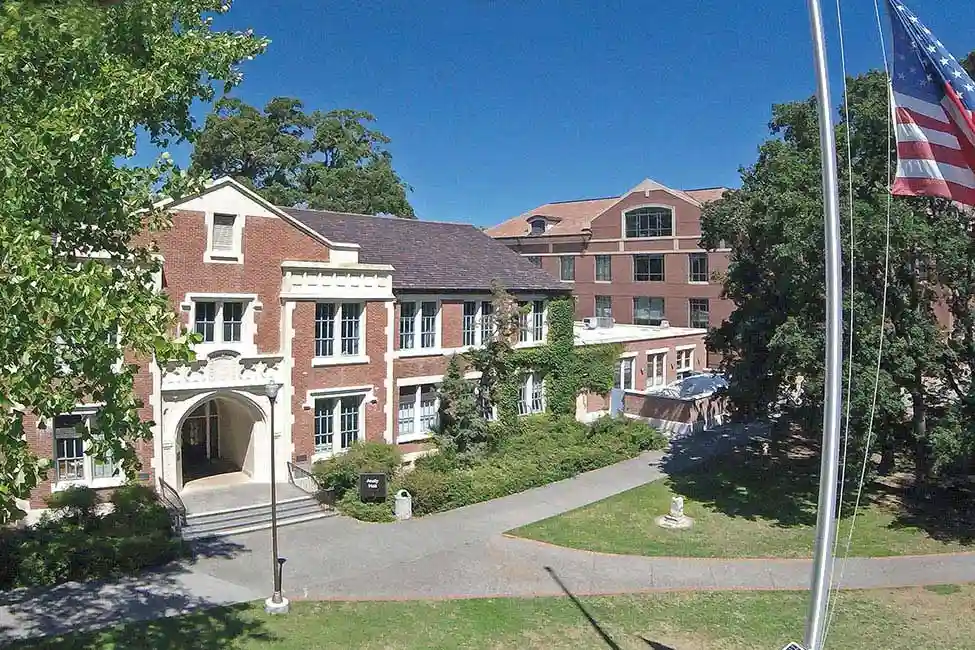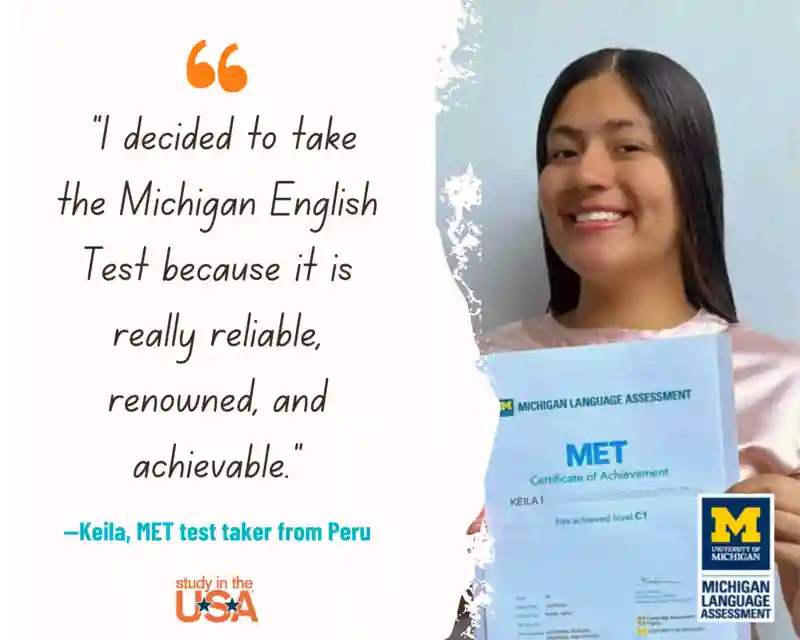Rankings: How do they work and how you should use them

You and your parents all heard about them: “rankings.” It’s the buzz word attached to seeking college admission since before you passed out of 10 standard, right? But do you really know what they’re all about, what they really mean and how to best use the information they provide to make an informed, objective decision? Let’s take a moment to review some facts about rankings and what they really should mean to you!
In fact, rankings should play only a small role in your and your parent’s thorough and deliberative decision making process to select the best university for your studies. Why? Consider for a moment the vast selection of organizations which compile ranking, from US News & World Report to Princeton Review to the Shanghai Top 100 to Fiske to so many others. How do they all work and how do you sift through the myriad information overload offered?
First of all, rankings, regardless of the organization compiling the data, offer little more than a quantitative assessment of qualitative data. Huh? Think about it for a moment…ranking organizations compile data on a series of intangible aspects which contribute to the university experience (campus “atmosphere,” “value”, etc.), along with tangible data such as average SAT / ACT scores, graduation rates, etc. And who offers the assessment of those intangible aspects of any given college campus? Not the students themselves but university leaders from peer institutions, as well as from various education experts. How does the college president of ABC University know anything about the intangible aspects of XYZ University, unless s/he attended XYZ University her/himself? You can easily see how much of the data factored into rankings comes not from proven, quantitative data but from perception, historical reference, prestige and mystique (or myth!) about a particular college.
Secondly, approximately 4,500 accredited colleges and universities in the United States participate in the ranking process. Therefore, if you consider the ranking of the just the top 10% of those schools, you would need to review data on more than 450 different universities, right? Hmmm…how many of you and your classmates are yourself in the 10% of your class? Maybe you’re in the top 15% or top 20% but still an exceptional student, right? The same theory applies to rankings. Why consider only the top 10 or top 100 colleges because you know them by name recognition and ranking perception and limit yourself to the top 2%-3% of choices, especially when you yourself may not fall within that same top student assessment yourself? Broaden your selection horizons to match your own qualifications.
Thirdly, ranking organizations also offer important subsets to much of the data, such as program of study assessments. More important than there ranking of the overall university may be the strength of the specific stream or major you wish to pursue at a particular school. Just because your classmate wants to study computer science at a top technical university doesn’t mean that you can’t study can’t do the same at an equally strong small, private liberal arts college.
And that leads me to “fit” and how you should include rankings as just one of many aspects of a college’s attributes. As you and your parents assess the US higher education landscape and decide the best living and learning and growing and experiencing environment for you, please consider everything about the school, both the intangible and tangible, with rankings serving as just one of several key data points.
Jody Lehr Waite
Get matched to the best program for you
Let us know what you're looking for so we can find the best school for you.
Useful Articles
Проверьте эти учебные заведения




East Los Angeles College
Typical cost per Semester: $10,000 — $15,000

University of North Georgia
Typical cost per Year: $15,000—$20,000

Santa Rosa Junior College
Typical cost per Year: $10,000 — $15,000
Start your U.S. adventure with Study in the USA

Learn About U.S. education financing, housing, and more
Resources
Learn about American culture and education direct from our experts at Study in the USA. Read more












